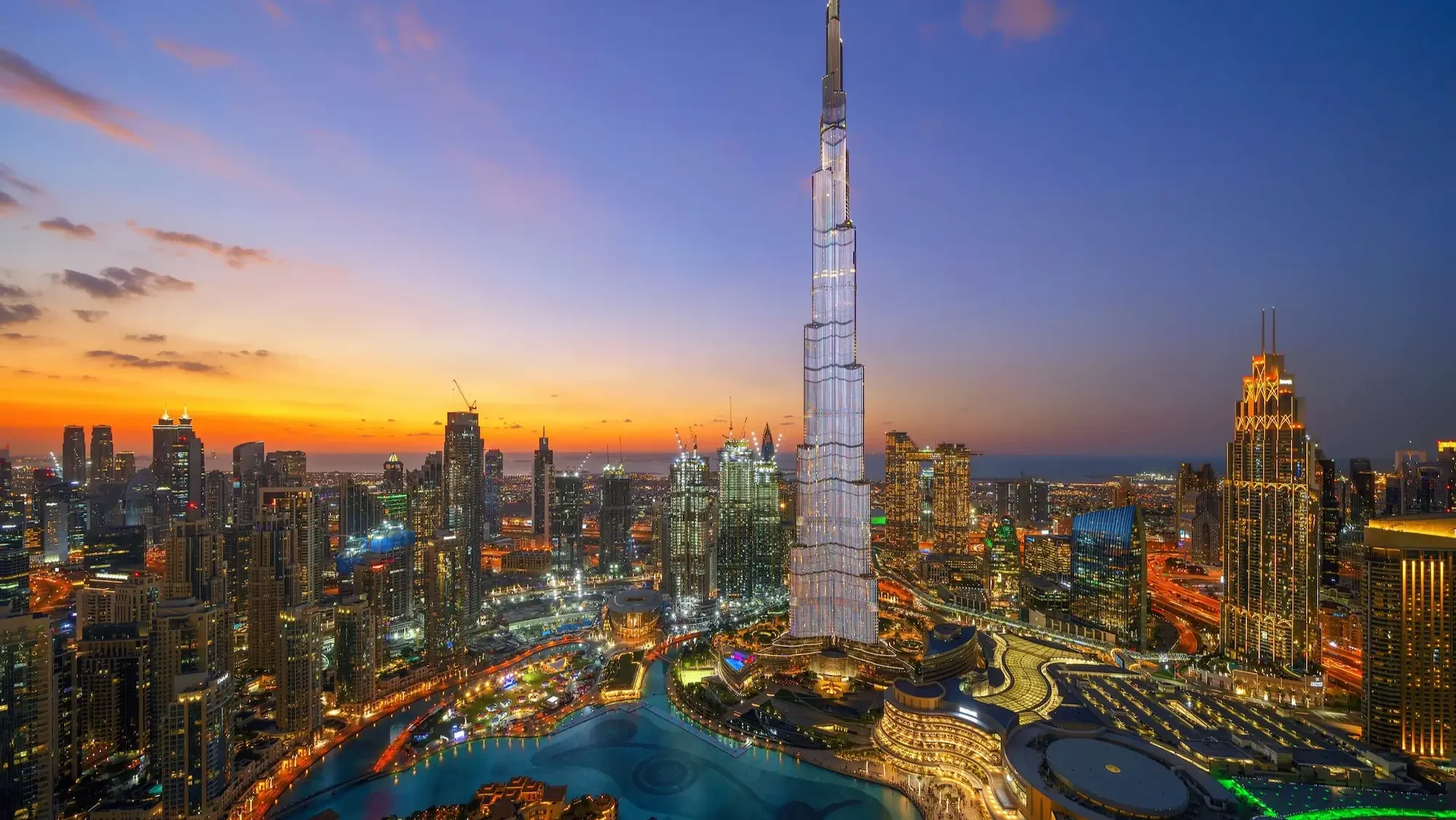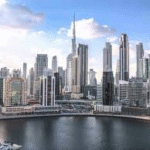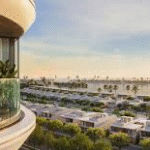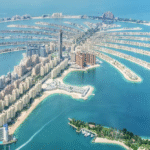Now Reading: Dubai Property Market: 7 Buyer Questions About RETT and VAT in 2025
-
01
Dubai Property Market: 7 Buyer Questions About RETT and VAT in 2025
Dubai Property Market: 7 Buyer Questions About RETT and VAT in 2025
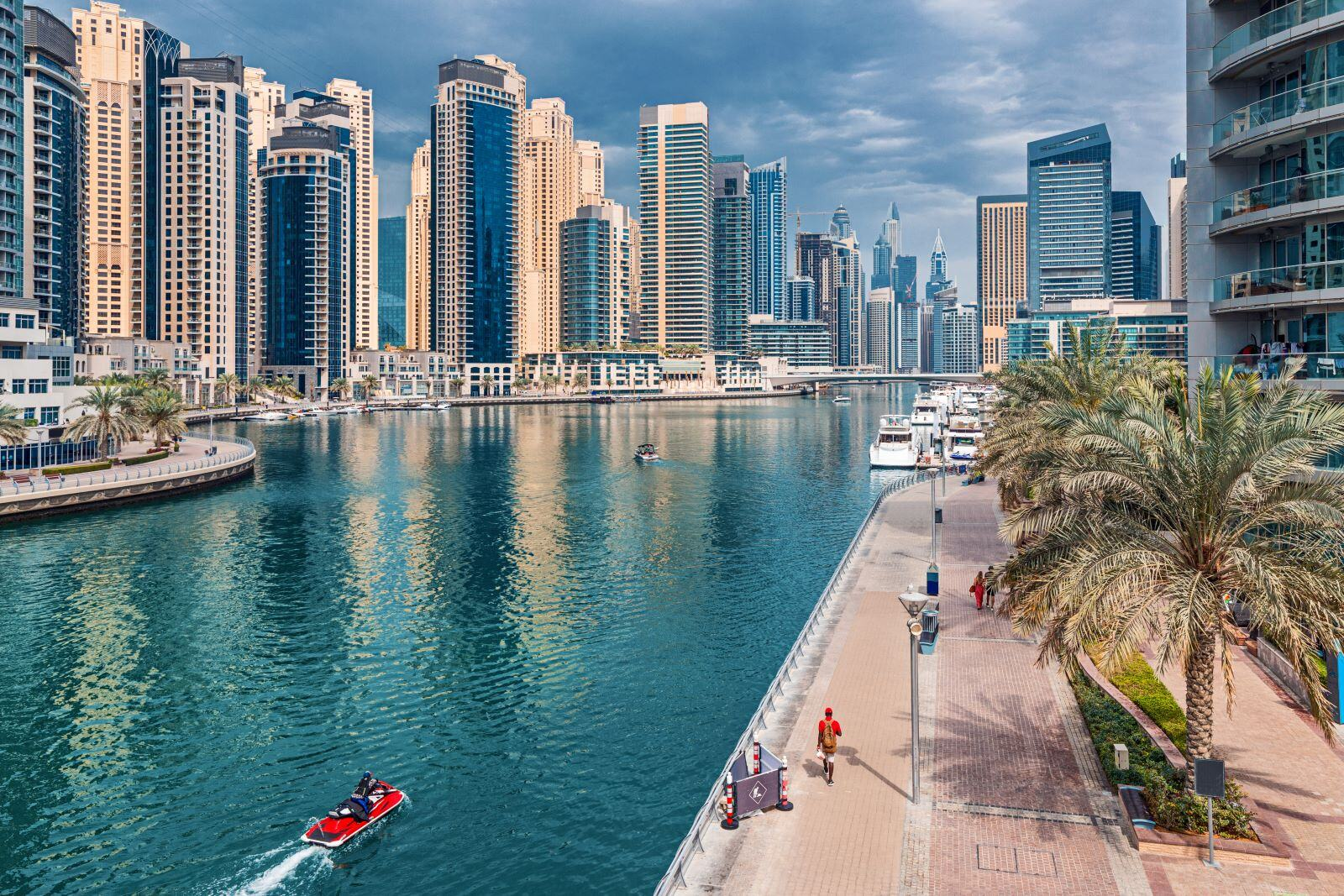
Table of Contents
Dubai Property Market: Dubai’s real estate market in 2025 remains a global investment hub, with 99,000 transactions worth AED 326.7 billion in H1 2025 and projected 5-9% price growth, per Dubai Land Department (DLD) data. Offering 6-10% rental yields and no annual property tax, capital gains tax, or personal income tax, Dubai is a tax-friendly haven.
However, buyers must navigate the Real Estate Transaction Fee (RETT), commonly known as the DLD transfer fee, and Value Added Tax (VAT) implications. Misunderstandings about these costs can inflate budgets by 6-8%.
The First-Time Home Buyer Program, launched July 2025, provides 5% discounts on properties up to AED 5 million, but RETT and VAT still apply. Below, we answer seven critical buyer questions about RETT and VAT in 2025, ensuring clarity for investors and homebuyers in zones like Jumeirah Village Circle and Downtown Dubai.
1. What Is the Real Estate Transaction Tax (RETT) in Dubai, and How Much Is It?
The RETT, often referred to as the DLD transfer fee, is a one-time fee of 4% of the property’s purchase price, payable to the Dubai Land Department during ownership transfer. For a AED 2 million apartment in Dubai Marina, this equals AED 80,000.
Typically split equally between buyer and seller (2% each), buyers often cover the full amount in competitive markets like 2025, where demand drove 2200 JVC sales in March alone. An administrative fee of AED 580 applies for apartments, AED 430 for land, or AED 40 for off-plan properties. Unlike a recurring tax, it’s a transaction cost, not tied to profits. Negotiate splits in less competitive zones like Dubai South, and budget for it upfront to avoid cash flow issues.
2. Is VAT Charged on Residential Property Purchases in Dubai?
No, VAT is generally not charged on residential property purchases in Dubai. The first sale of newly constructed residential properties by developers is zero-rated (0% VAT), and subsequent sales or leases are exempt from VAT.
For example, buying a AED 1.5 million apartment in Business Bay incurs no VAT, saving AED 75,000 compared to a 5% taxable transaction. However, hotel apartments purchased directly from developers for the first time attract 5% VAT, as they’re classified as commercial. Ensure the property’s residential status via the DLD, and check developer contracts for clarity to avoid unexpected VAT costs.
3. Do I Pay VAT on Commercial Property Transactions?
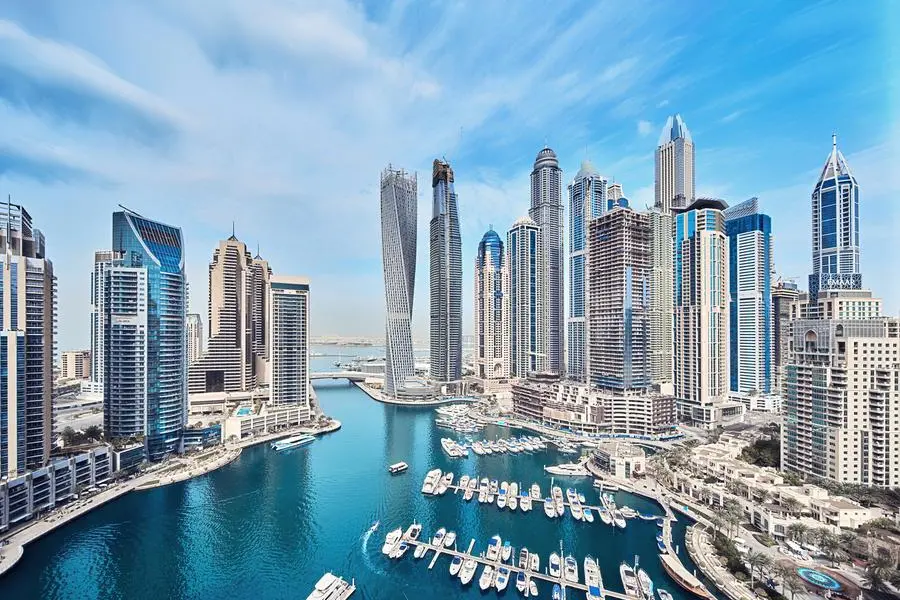
Yes, sales and leases of commercial properties in Dubai are subject to 5% VAT. Buying a AED 3 million office in Business Bay incurs AED 150,000 in VAT, in addition to the 4% RETT (AED 120,000). Commercial leases also attract 5% VAT, or 10% municipal tax in some emirates like Sharjah.
However, leased commercial properties sold to a VAT-registered buyer are not considered a taxable supply, per Federal Tax Authority (FTA) rules, avoiding double taxation. If converting a commercial property to residential within three years, buyers can recover VAT paid. Verify the property’s classification and consult a tax advisor to optimize VAT recovery.
4. Are There VAT Charges on Real Estate Services Like Broker Fees?
Yes, real estate-related services, such as brokerage, property management, and consultancy, are subject to 5% VAT. The standard 2% agent commission on a AED 1 million JVC property is AED 20,000, plus AED 1,000 VAT, totaling AED 21,000. Conveyancing fees (AED 6,000-10,000) and trustee office fees also incur 5% VAT.
While the 4% RETT is VAT-exempt, these service fees add 0.5-1% to transaction costs. To minimize impact, explore off-plan projects where developers waive commissions, though these are rare in 2025’s hot market. Always request a VAT invoice from RERA-registered agents to ensure compliance and transparency.
5. Does Rental Income From My Property Incur VAT?
Rental income from residential properties is exempt from VAT, whether leased long-term or short-term. For example, a AED 100,000 annual lease in Dubai Hills Estate incurs no VAT. However, if your total rental income from commercial properties or hotel apartments exceeds AED 375,000 annually, you must register with the FTA and charge 5% VAT on those leases.
A commercial office yielding AED 400,000 yearly adds AED 20,000 VAT. Residential landlords avoid this, but tenants pay a 5% municipal housing fee (e.g., AED 5,000 on AED 100,000 rent), included in utility bills. Track income thresholds and consult a tax advisor to ensure FTA compliance.
6. Can I Recover VAT Paid on Property-Related Costs?
Yes, VAT recovery is possible in specific cases. Developers can recover VAT paid on constructing new residential properties if sold within three years of completion, as these are zero-rated. Buyers converting commercial properties to residential within three years can reclaim VAT paid on the purchase.
VAT-registered businesses (e.g., landlords with commercial leases over AED 375,000) can recover VAT on related expenses like brokerage or maintenance. For a AED 3,500 valuation fee with AED 175 VAT, recovery is possible if registered. Individuals buying residential properties cannot recover VAT on services like agent fees. Engage a tax consultant to navigate FTA’s User Guide for eligible refunds.
7. How Do RETT and VAT Impact Foreign Investors’ Tax Obligations?
Foreign investors face the same 4% RETT and VAT rules as residents: 4% on property transfers (e.g., AED 40,000 on a AED 1 million Dubai South unit) and 5% on commercial transactions or services. Dubai imposes no capital gains or rental income tax for individuals, but home countries may tax gains.
U.S. investors report profits on IRS Form 1040, potentially facing 0-20% CGT, offset by the U.S.-UAE Double Taxation Agreement via Form 1118. Indian buyers must comply with the Liberalised Remittance Scheme ($250,000 annual limit) and report foreign assets, per CNBC TV18.
Muslim investors account for 2.5% Zakat on rental income (e.g., AED 2,500 on AED 100,000). Use a QFZP in Jebel Ali Free Zone for 0% corporate tax, and consult advisors for home-country compliance.
Why Understanding RETT and VAT Is Critical
RETT (4%) and VAT (0% on residential, 5% on commercial/services) add 6-8% to transaction costs, impacting budgets in a market with 90-95% occupancy and 7.25% yields in zones like JVC. Missteps, like missing VAT on hotel apartments or underbudgeting RETT, can cost AED 20,000-100,000.
The First-Time Home Buyer Program and Golden Visa (AED 2 million+ investments) ease entry, but fees persist. RERA escrow accounts and DLD transparency ensure safety, while 30-50% R&D credits for eco-tech offset costs. Dubai’s 6.2% GDP growth, Metro Blue Line, and 25 million tourists in 2025 drive demand, per DLD’s 217,000 transactions in 2024.
Strategies to Optimize RETT and VAT Costs
Budget 8-10% extra for RETT (4%), commissions (2% + 5% VAT), and conveyancing (AED 6,000-10,000 + VAT). Negotiate RETT splits in off-plan deals or slower markets. Prioritize residential properties to avoid 5% VAT on purchases or leases. Use RERA-registered agents for VAT invoices and transparency.
Register for VAT if commercial income exceeds AED 375,000 to recover input VAT. Leverage DIFC/RAK ICC entities to avoid 9% rental tax. U.S. investors use Form 1118 for tax credits; Indians ensure LRS compliance. Muslim investors calculate Zakat. Consult tax advisors to align with FTA and home-country rules, maximizing Dubai’s tax-friendly returns.
Outlook for Dubai’s 2025 Property Market
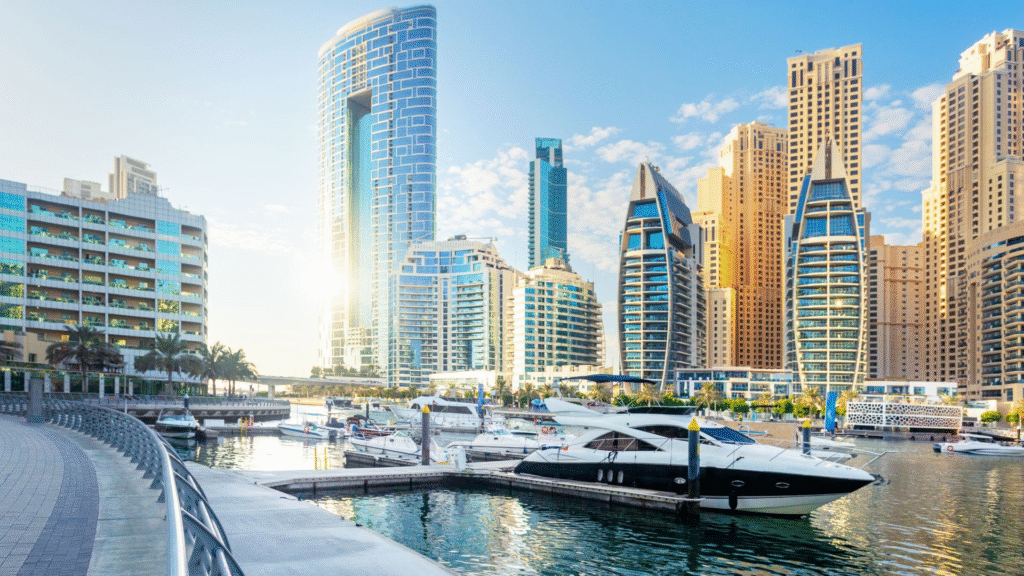
Dubai’s Economic Agenda D33 and 2040 Urban Master Plan fuel growth, with Al Maktoum Airport and Metro expansions boosting zones like Dubai South. Oversupply risks (76,000 units in 2025) are offset by high absorption and RERA protections. Transaction fees like RETT and VAT are predictable, unlike Western markets’ 1-3% annual taxes. Understanding these costs ensures investors capitalize on 8-15% capital gains and tax-free profits in a resilient market, per DLD’s AED 761 billion in 2024 transactions.
Conclusion
Dubai’s 2025 property market offers unparalleled tax benefits, with no annual property tax and minimal RETT (4%) and VAT (0% on residential, 5% on commercial/services). Answering these seven questions RETT rates, VAT on residential/commercial properties, service fees, rental income, VAT recovery, and foreign obligations equips buyers to navigate costs. With strategic planning, investors can secure high ROI in a dynamic, tax-smart market poised for growth. Dubai Property Market
read more: Dubai Property Market: 7 Buyer Questions About RETT and VAT in 2025




